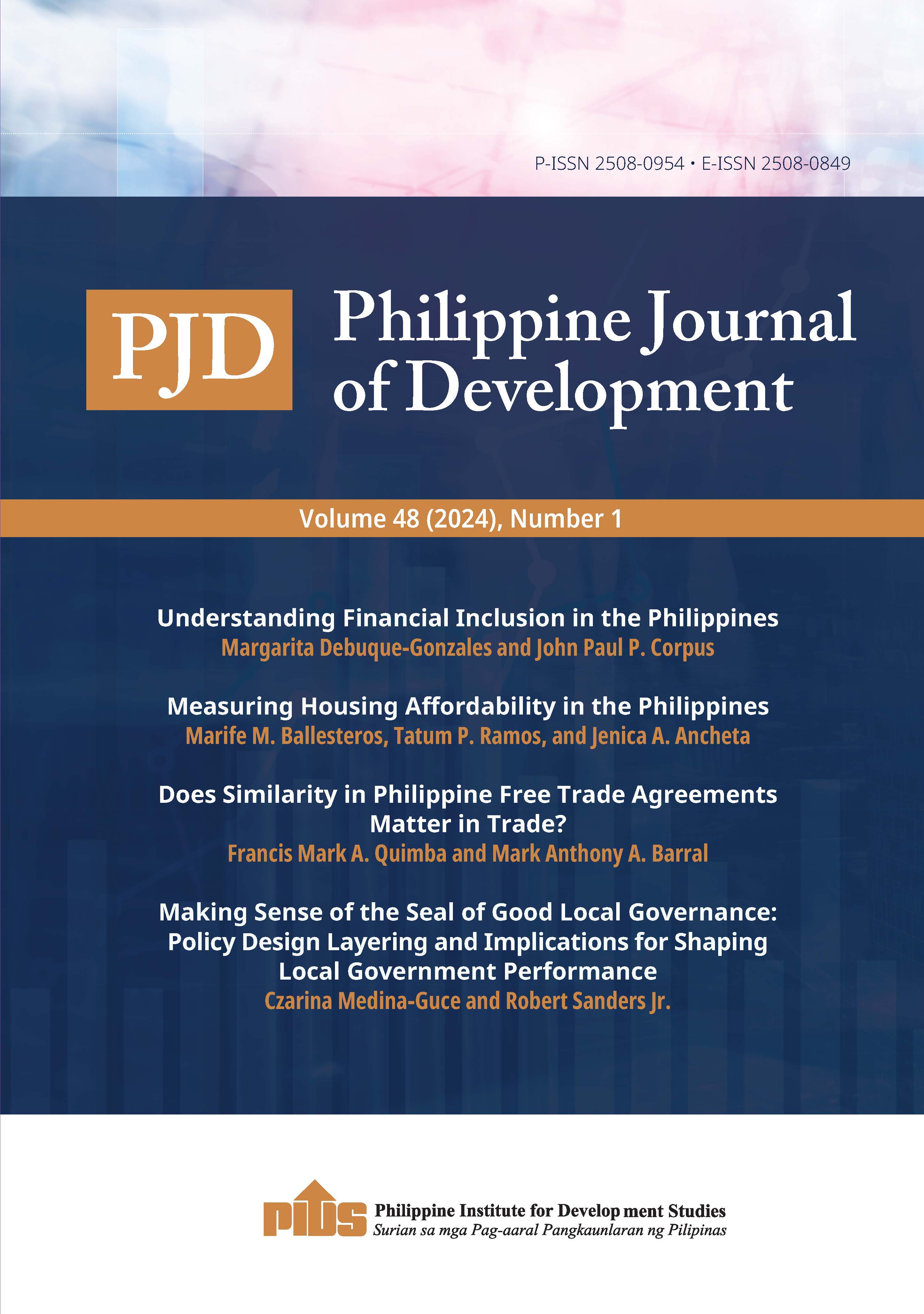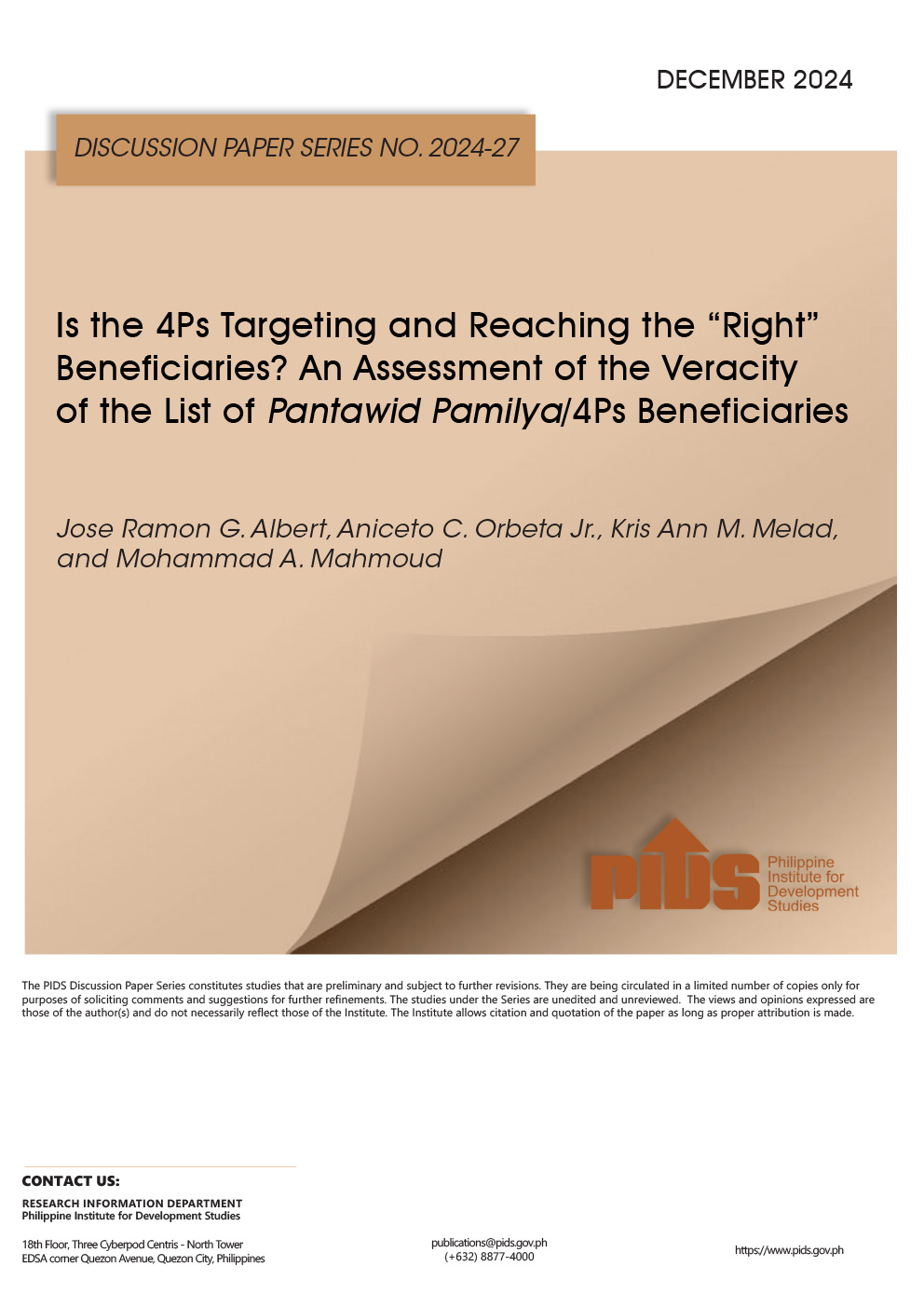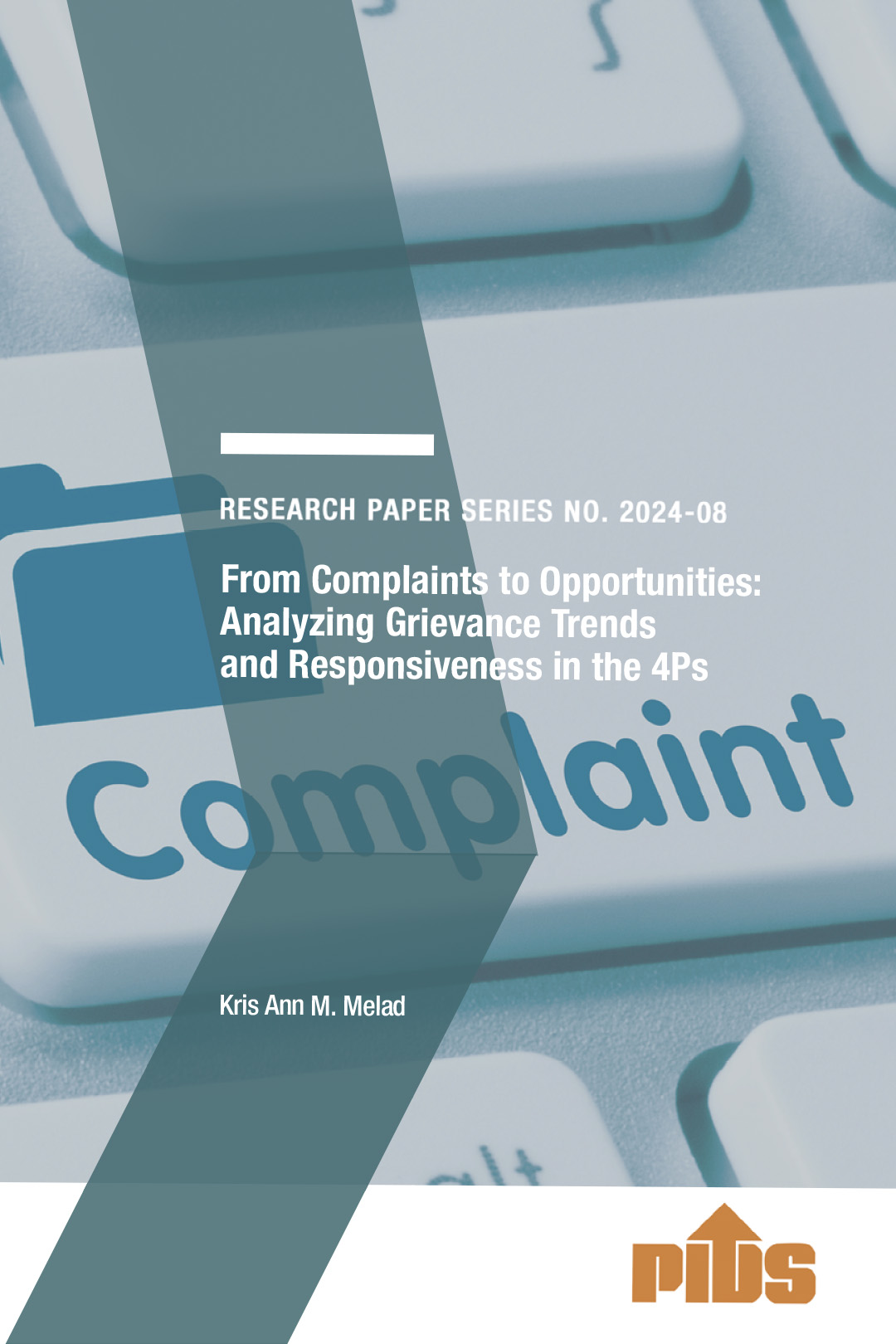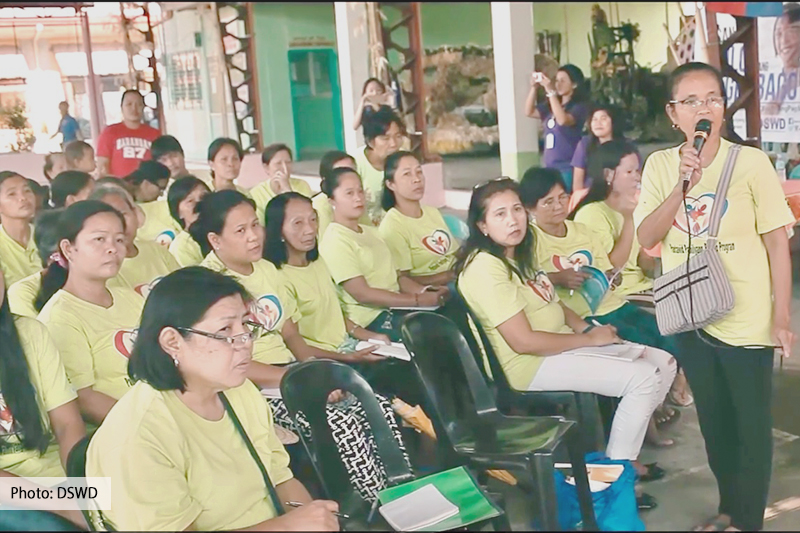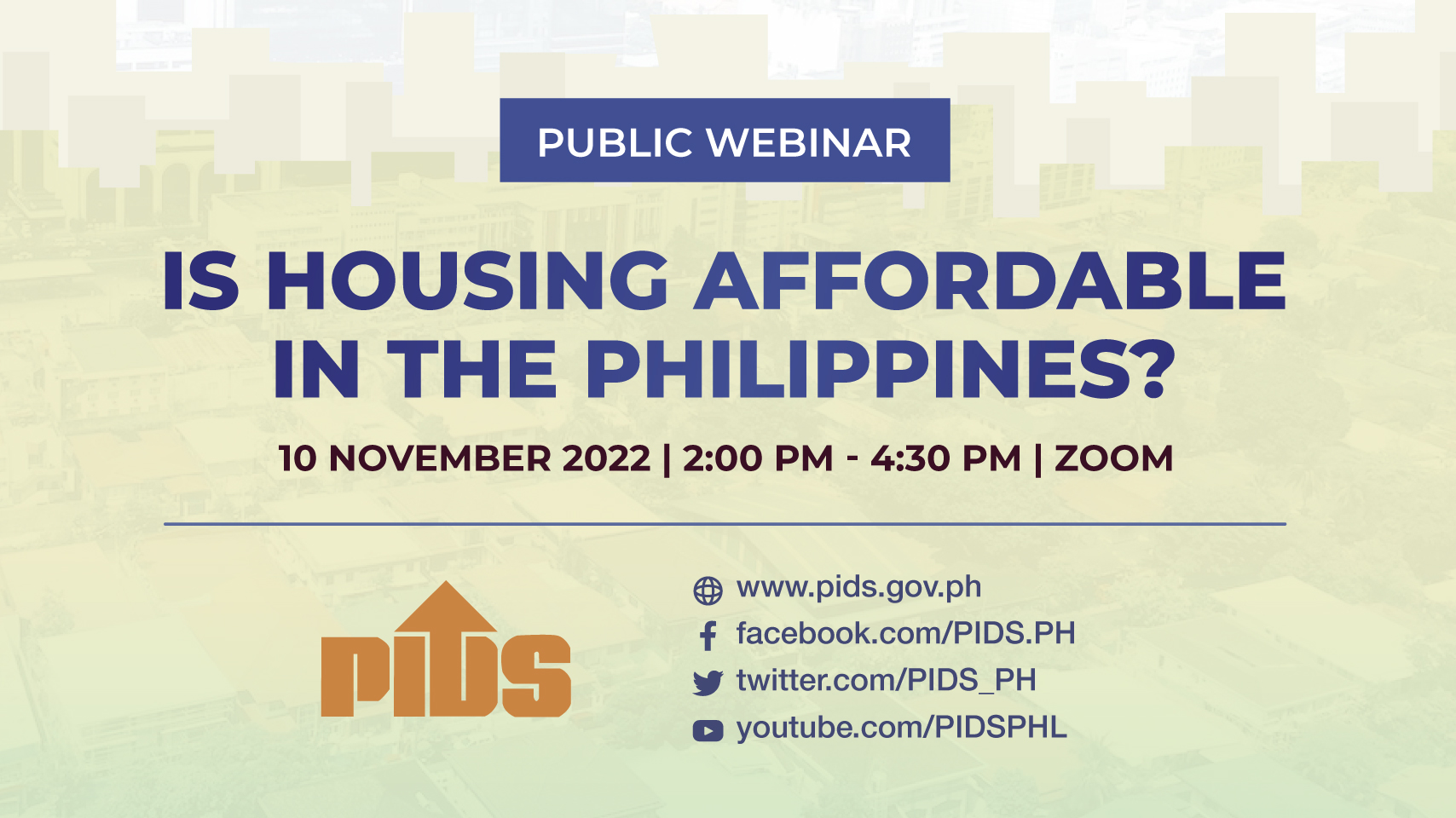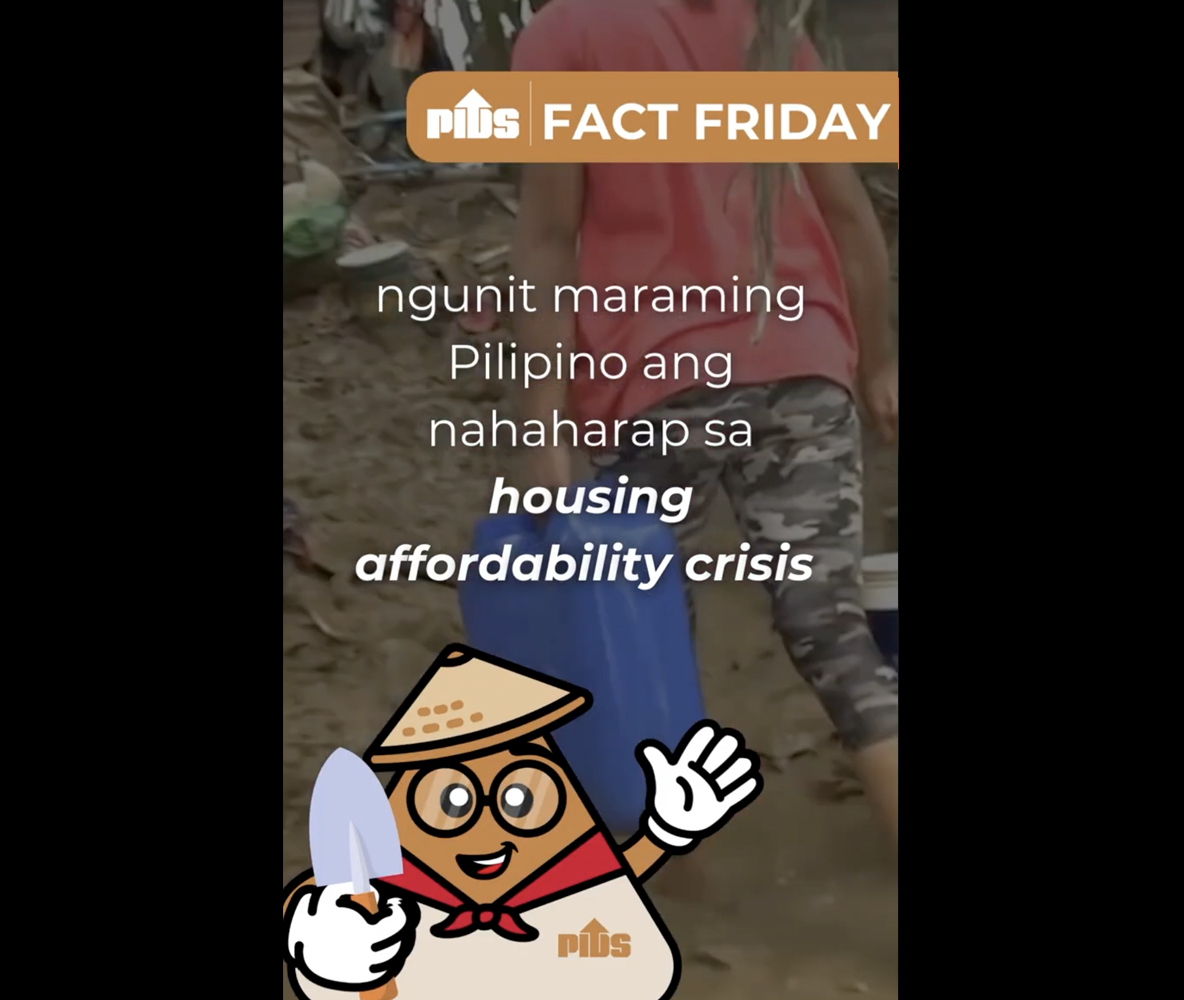The government needs rigorous analysis in formulating and implementing its policies, programs, and projects to prevent negative consequences, although unintended.
This was the main message of the newest book of state think tank Philippine Institute for Development Studies, titled “Unintended Consequences: The Folly of Uncritical Thinking”, which was launched on Wednesday, May 10, in Quezon City. The launch was attended by members of the academe, government, civil society, and media.
Authored by various researchers and former professors, the 10-chapter book discusses everyday issues from traffic, food, salary, housing, to controversial topics like sex education, minimum wage, conditional cash transfer, unemployment, and the environment.
Gilberto Llanto, president of PIDS and one of the editors of the book, stressed that, at present, the government has seemingly well-intended policies that are not well-thought of.
Sa pagbalangkas ng solusyon, kung minsan nakakalimutan natin itong bigyan ng magandang pag-aaral. Kung nagmamadali sa pagbalangkas ng polisiya na hindi napagaralan, baka magkaroon ito ng masamang epekto na hindi sinasadya at hindi natin inaasahan sa huli,” Llanto explained. (In crafting policies and solutions, sometimes, we forget to conduct studies first. If we expedite the crafting of policies that are not carefully studied, these policies may cause harmful effects—which are unintended and not anticipated in the end.)
In the case of the cargo truck ban, for example, Llanto and his co-authors found that it cost the government around PHP 45 billion.
Meanwhile, PIDS Vice President Marife Ballesteros debunked a few myths on housing, one of the most controversial issues at present. She stressed the importance of rental housing, saying that it “makes up a significant percentage of housing around the world.
It is an option to ownership of decent affordable shelter,” Ballesteros added.
Senior Research Fellow Roehlano Briones also discussed the unintended consequences of restricting rice importation. Research showed that while the aim of regulation is to protect farmers, it causes higher domestic prices because “it prevents cheap imports from coming in.” These further burdens the poor and causes unintended consequences like hunger and malnutrition.
In the age of social media where information can be accessed easily, the book encourages the public to remain critical of everything they see online.
Tignan ng mabuti yung sinasabi ng taong ito. [Halimbawa], ito ay isang opisyal ng gobyerno. Yung pinagbabasehan ba niya sa paggawa ng polisiya o batas ay pinag-aralan kaya niyang mabuti? Ano kaya ang kanyang calculation? Yun ang sinasabi ng libro. Be watchful, be vigilant,” Llanto added. (Study what the person is saying. For example, if this person is a government official, what is his basis for crafting policies or laws? Did he study it well? What was his calculation? That’s what the book is saying. Be watchful. Be vigilant.)
This was supported by another author of the book, Vicente Paqueo, who emphasized the value of evidence and critical thinking.
We need to develop deeper evidenced-based critical thinking… going beyond good intentions. [This book was written] to strengthen appreciation of the value of evidence and critical thinking in a world of alternative facts and post truths,” Paqueo said. (PIDS)
This was the main message of the newest book of state think tank Philippine Institute for Development Studies, titled “Unintended Consequences: The Folly of Uncritical Thinking”, which was launched on Wednesday, May 10, in Quezon City. The launch was attended by members of the academe, government, civil society, and media.
Authored by various researchers and former professors, the 10-chapter book discusses everyday issues from traffic, food, salary, housing, to controversial topics like sex education, minimum wage, conditional cash transfer, unemployment, and the environment.
Gilberto Llanto, president of PIDS and one of the editors of the book, stressed that, at present, the government has seemingly well-intended policies that are not well-thought of.
Sa pagbalangkas ng solusyon, kung minsan nakakalimutan natin itong bigyan ng magandang pag-aaral. Kung nagmamadali sa pagbalangkas ng polisiya na hindi napagaralan, baka magkaroon ito ng masamang epekto na hindi sinasadya at hindi natin inaasahan sa huli,” Llanto explained. (In crafting policies and solutions, sometimes, we forget to conduct studies first. If we expedite the crafting of policies that are not carefully studied, these policies may cause harmful effects—which are unintended and not anticipated in the end.)
In the case of the cargo truck ban, for example, Llanto and his co-authors found that it cost the government around PHP 45 billion.
Meanwhile, PIDS Vice President Marife Ballesteros debunked a few myths on housing, one of the most controversial issues at present. She stressed the importance of rental housing, saying that it “makes up a significant percentage of housing around the world.
It is an option to ownership of decent affordable shelter,” Ballesteros added.
Senior Research Fellow Roehlano Briones also discussed the unintended consequences of restricting rice importation. Research showed that while the aim of regulation is to protect farmers, it causes higher domestic prices because “it prevents cheap imports from coming in.” These further burdens the poor and causes unintended consequences like hunger and malnutrition.
In the age of social media where information can be accessed easily, the book encourages the public to remain critical of everything they see online.
Tignan ng mabuti yung sinasabi ng taong ito. [Halimbawa], ito ay isang opisyal ng gobyerno. Yung pinagbabasehan ba niya sa paggawa ng polisiya o batas ay pinag-aralan kaya niyang mabuti? Ano kaya ang kanyang calculation? Yun ang sinasabi ng libro. Be watchful, be vigilant,” Llanto added. (Study what the person is saying. For example, if this person is a government official, what is his basis for crafting policies or laws? Did he study it well? What was his calculation? That’s what the book is saying. Be watchful. Be vigilant.)
This was supported by another author of the book, Vicente Paqueo, who emphasized the value of evidence and critical thinking.
We need to develop deeper evidenced-based critical thinking… going beyond good intentions. [This book was written] to strengthen appreciation of the value of evidence and critical thinking in a world of alternative facts and post truths,” Paqueo said. (PIDS)

